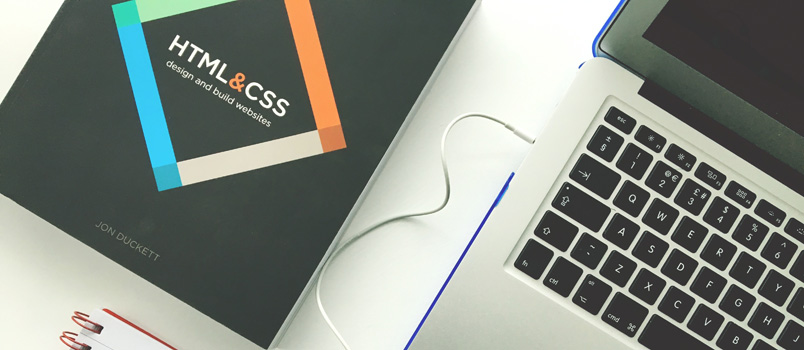An important part of improving the theoretical and practical skills of students is writing various scientific works. However, the first experiments of doing research usually show a lack of sufficient knowledge, which negatively affects the results.
If you ask: “How to write my research papers?”, you should focus on the requirements provided by your educational institution. However, it is also very important to keep in mind the mistakes that should be strictly avoided. Today, we will discuss the top 7 mistakes that students make when writing a scientific article. Read them carefully before starting your research.
Seven Common Mistakes of Article Writers
1) Bad Structure
The first common mistake is a bad structure of the text. Quite often, the student does not have enough time for all structural elements, so the article is a lack of important elements like introduction, conclusion, or references. Frequently, the introduction structure is violated — when one or several components of the introduction are missing (object, subject, tasks, hypothesis, methods, etc.).
2) Bad Editing
This is usually a violation of the standard editing requirements of a particular university or editorial. Every educational institution has its own methodological instructions for writing and designing scientific articles, therefore, your work should 100% comply with them.
3) Irrelevant Topic
Students experience particular difficulty when choosing a research topic. When selecting a theme, a student should consider interesting and relevant options. If relevance is not defined, then there is a mismatch between the topic and the object area and it will be difficult to prove that this article has a scientific value.
4) Incorrect Purpose and Objectives of the Study
A significant difficulty for students makes the formulation of the purpose and objectives of the article. The purpose should anticipate the result and the achievements of the research. Properly stated objectives are also crucial. To make them sound good, choose one of the following words: to study, find out, determine, analyze, establish, verify, describe, etc.
5) Incorrect Work with Sources
The effectiveness of working with sources depends on the knowledge of certain rules, the appropriate methodology for studying and taking notes. Typical mistakes include the lack of references, an incomplete review of the literature on a given topic, using outdated sources, etc.
6) Bad Communication with Your Supervisor
If a student fails to consult with his\her editor, it will be more difficult to reach all the academic standards for scientific articles. Your supervisor probably better knows how to draft a good article without structural and logical mistakes. So, do not neglect an opportunity to discuss all the problematic issues with your professor.
7) Lack of Scientific Novelty and Practical Significance
The main criterion for the effectiveness of the student’s work is the development of research skills. For university students, such a criterion is scientific novelty and practical significance. If your paper is lack of them — it means that it doesn’t have a scientific value.
In Conclusion
Writing scientific articles is a comprehensive process, and you can do it in any area of your interests, whether it is music or sports, linguistics or finance, computer games, or cooking. The experience of writing scientific articles will be useful to you in the future, especially in case of intentions to continue studying. As a result, there are some pros: you are doing what is interesting to you, develop your skills, and gain valuable experience.
We believe that these tips will help you to cope with all issues related to article writing. So, keep them in your mind and good luck!





